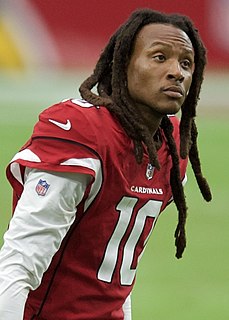A Quote by Alexander Pope
Eye Nature's walks, shoot folly as it flies, And catch the manners living as they rise; Laugh where we must, be candid where we can, But vindicate the ways of God to man.
Related Quotes
This is something I haven't told many people, because it's embarrassing. We always used to catch flies with our hands. I was the only one who could catch 'em. One-handed, two-handed. I actually studied flies. I'd watch 'em. How do you catch flies? They fly up. If I can catch that, I can catch anything.
This fellow is wise enough to play the fool; And to do that well craves a kind of wit: He must observe their mood on whom he jests, The quality of persons, and the time, And, like the haggard, check at every feather That comes before his eye. This is a practise As full of labour as a wise man's art For folly that he wisely shows is fit; But wise men, folly-fall'n, quite taint their wit.
In the beginning, God created the earth, and he looked upon it in his cosmic loneliness. And God said, "Let Us make living creatures out of mud, so the mud can see what We have done." And God created every living creature that now moveth, and one was man. Mud as man alone could speak. God leaned close to mud as man sat, looked around, and spoke. "What is the purpose of all this?" he asked politely. "Everything must have a purpose?" asked God. "Certainly," said man. "Then I leave it to you to think of one for all this," said God. And He went away.
The glory of God is the living man, but the life of man is the vision of God', says St. Irenaeus, getting to the heart of what happens when man meets God on the mountain in the wilderness. Ultimately, it is the very life of man, man himself as living righteously, that is the true worship of God, but life only becomes real life when it receives its form from looking toward God.
We must make a great difference between God's Word and the word of man. A man's word is a little sound, that flies into the air, and soon vanishes; but the Word of God is greater than heaven and earth, yea, greater than death and hell, for it forms part of the power of God, and endures everlastingly.





































